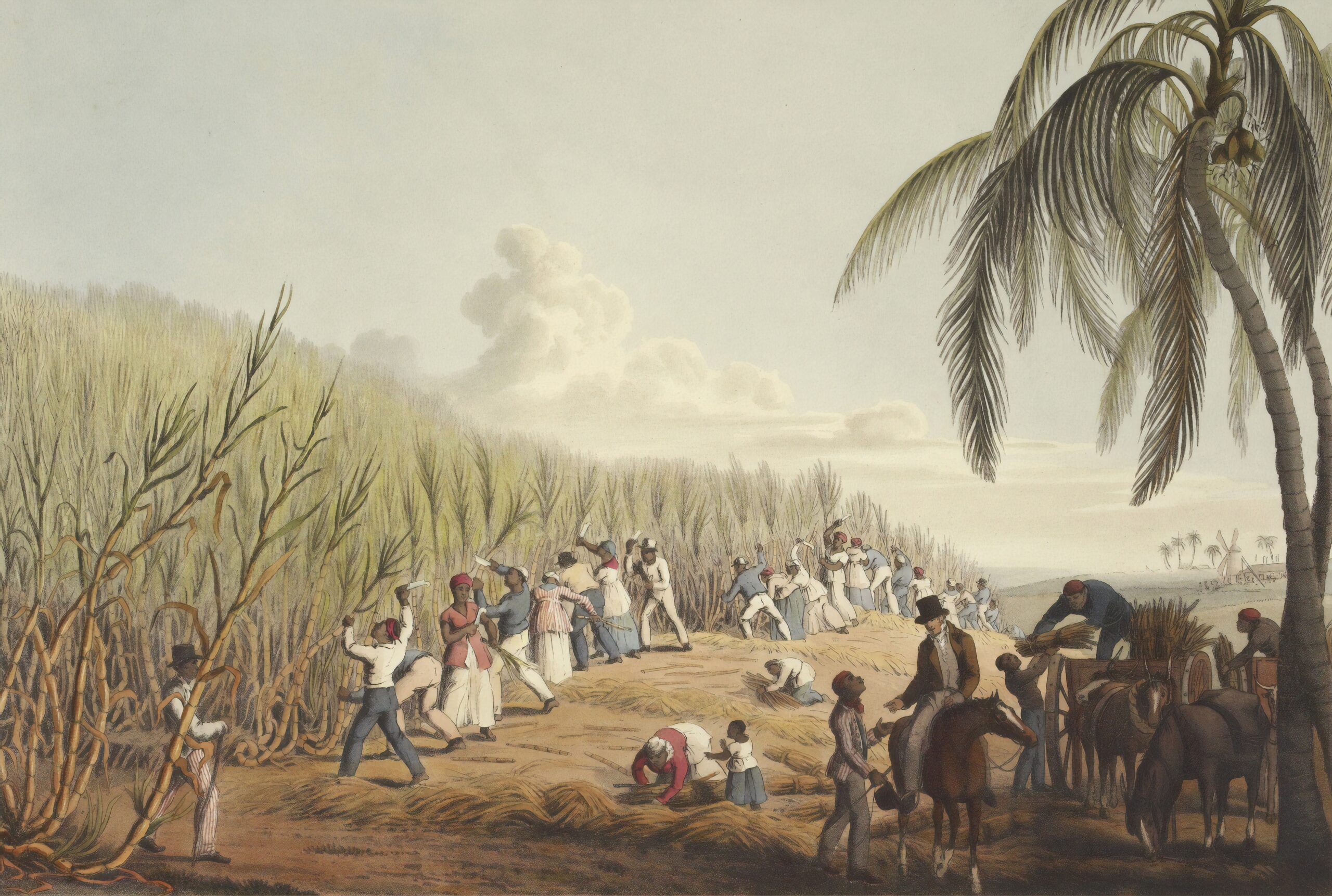

Credit: Unsplash
Ron DeSantis Defends Florida’s New Slavery Curriculum
Ron DeSantis, the Governor of Florida, recently defended introducing new education standards in the state that aim to teach slavery in a different light. According to these standards, middle school students will be taught that enslaved individuals were able to develop skills that could benefit them personally. The move has sparked controversy among teachers’ groups and parents.
During an event in Utah, DeSantis addressed the issue, stating that the new standards would likely showcase how some enslaved people managed to leverage the skills they were forced to learn, such as blacksmithing, into opportunities later in life. He emphasized that the standards were created by “scholars” and were grounded in factual information.
Despite facing criticism for the standards, DeSantis distanced himself from the decision, stating that he was not directly involved in it. The standards were, however, approved by Florida’s Board of Education after the enactment of the 2022 “Stop WOKE Act,” which DeSantis had championed. This legislation aimed to ensure that the teaching of race in schools was done objectively and without any form of indoctrination or persuasion.
Florida Gov. Ron DeSantis is arguing that some Black people benefited from being enslaved and defending his state’s new African American history standards that civil rights leaders and scholars say misrepresents centuries of U.S. reality. https://t.co/LQwYSaqhPw
— The Washington Post (@washingtonpost) July 23, 2023
The new guidelines mandate that middle school teachers cover various duties and trades performed by slaves, including agricultural work, painting, carpentry, tailoring, domestic service, blacksmithing, and transportation. Additionally, teachers were required to teach that enslaved people developed skills that sometimes benefited them personally.
The guidelines also extend to high school education, where students are to learn about acts of violence perpetrated against and by African Americans, particularly during Reconstruction. Notably, the 1920 Ocoee Massacre, in which more than 30 African Americans were killed by a White mob while attempting to vote, is one example of such violence.
This is not the first time DeSantis has sought to influence the state’s education system. He has made various attempts to reshape education through legislation and by influencing school boards through significant financial contributions. In January, the Department of Education, consisting of DeSantis appointees, rejected a new Advanced Placement course on African American history, citing its supposed lack of educational value and its contrariness to Florida law.
The new curriculum’s controversy highlights the ongoing debates over how history, particularly sensitive topics like slavery and racial violence, should be taught in schools.
Obama’s Personal Chef Drowned
-
President Joe Biden’s reelection strategy takes a surprising turn as the Rust Belt, not the Sun Belt, emerges as...
-
In a significant legal development, U.S. District Judge Aileen Cannon has declined former President Donald Trump’s request to dismiss...
-
Major Collision Causing the Collapse of the Bridge The recent collapse of the Francis Scott Key Bridge in Baltimore,...
-
Donald Trump is on the brink of a crucial deadline in a business fraud case, with just a few...
-
Sylvia Gonzalez, a newly elected city council member in a small Texas community, was embroiled in controversy when she...
-
Is TikTok Getting Banned in the States? The United States House of Representatives has voted with bipartisan support to...
-
The 2024 Election Race Continues Between Joe Biden and Donald Trump With the 2024 general election drawing closer, President...
-
The Biden Administration’s Request for a New Texas Immigration Law Blocked The Supreme Court has temporarily blocked the enforcement...
-
Another Successful Moon Landing Intuitive Machines, a commercial space company, has achieved a remarkable feat by landing its Odysseus...
-
Has the State of USA Improved Since Trump’s Presidency or Gotten Worse? Given the current climate of the United...
-
In a surprise speech delivered from the White House, President Joe Biden addressed the recent special counsel’s report and...
-
Is Texas Taking the Right Step Towards a Better America? The Austin Guaranteed Income Pilot, Texas’s pioneering tax-payer-funded basic...




















